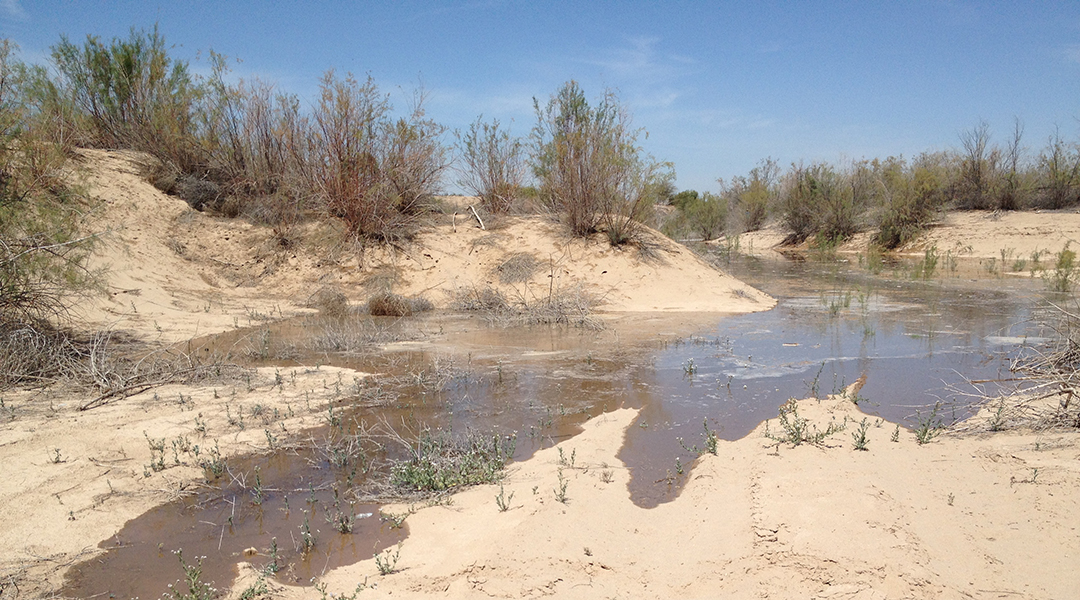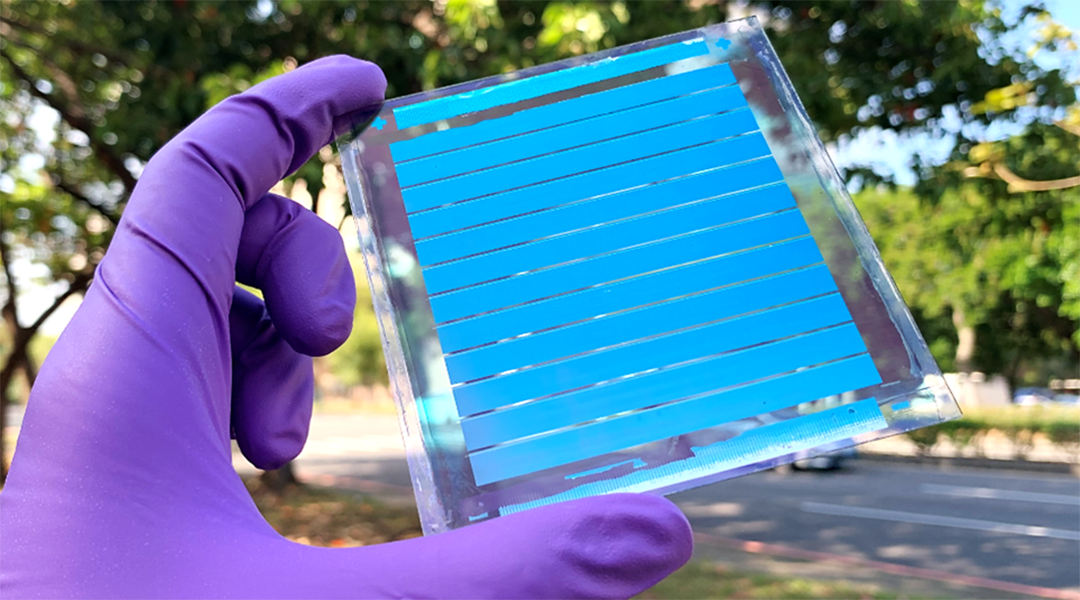Luminescent solar concentrators based on a conjugated polymer redirect light from inside and out.


Luminescent solar concentrators based on a conjugated polymer redirect light from inside and out.

Researchers explore how the predicted increase in variable rainfall and higher temperatures will impact management of common weeds for corn production.

As an increasing global population moves into areas where non-perennial rivers are common, we need to understand how human water needs impact when, where, and how much these rivers flow.

Increasing the mass of an electrode reduces power density due to the longer distance that ions and electrons must travel. Electrode designs need a rethink.

How ignoring the dynamics of the energy transition leads to overestimating transition cost and unjustified delay of climate action.

New photoanodes promise high efficiencies in producing hydrogen in a climate-neutral way.

A new formulation for manufacturing organic solar panels exhibits an impressive, certified power conversion efficiency to help bring this technology closer to commercialization.

Conquering cloud and nighttime solar intermittency comes from the phenomenon of persistent photoconductivity observed in materials that contain sub-bandgap trap states.

A new machine learning strategy searches for desirable materials properties rather than building blocks, which researchers hope will lead to better materials to help spark a green economy.

Urbanization is threatening global water supplies, but finding a way to balance expansion with sustainable water management between nature, people, and the city water infrastructure.